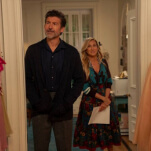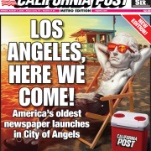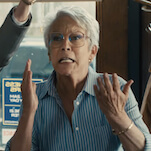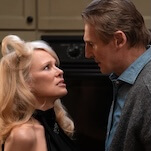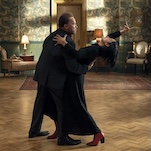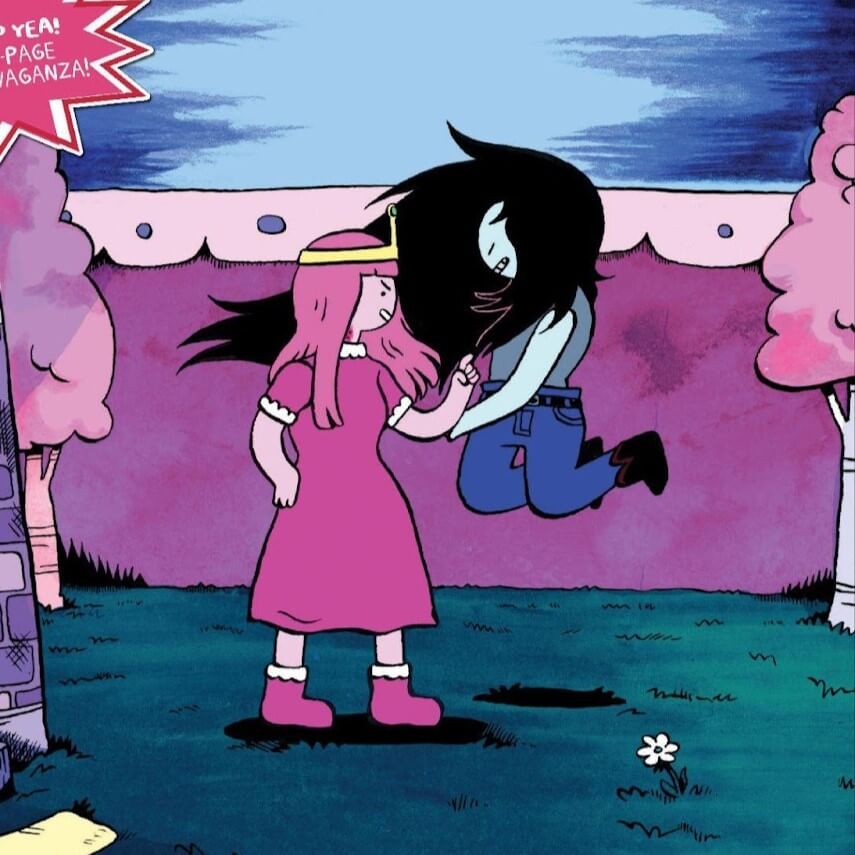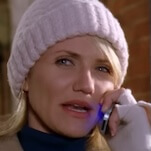The Marvelous Mrs. Maisel had one of TV's best friendships—and then ruined it
"The Testi-Roastial" has forced us to re-evaluate Midge and Susie's entire relationship
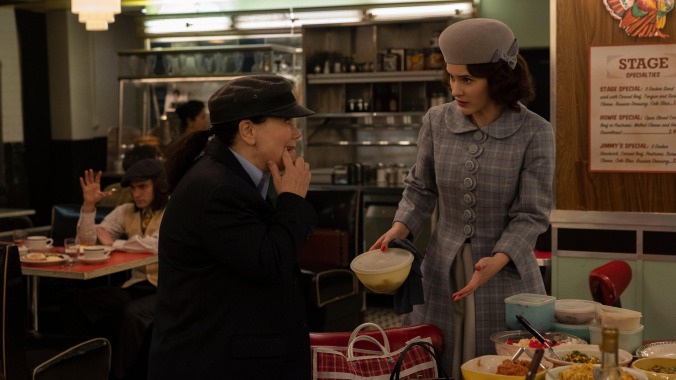
Once upon a time, The Marvelous Mrs. Maisel was a love story. We’re not talking about the never-quite-over romance between Midge (Rachel Brosnahan) and her ex-husband Joel (Michael Zegen), or the sizzling chemistry she shared with Lenny Bruce (Luke Kirby), or any of the other suitors she’s entertained throughout the seasons. No, the central pair at the heart of the show has always been Midge and her manager, Susie (Alex Borstein). Or at least it seemed like it was. After “The Testi-Roastial,” which dropped on May 5, we’re not so sure.
Showrunners Amy Sherman-Palladino and Daniel Palladino have been playing with time jumps in this fifth and final season, giving us glimpses of what happens to the characters in the future. But this episode is the first one to take place mostly outside of the early 1960s time period. The framing device is an event—a compromise between a testimonial dinner and a roast, thus the portmanteau in the title—set in 1990 at the famed Friars Club in New York City, celebrating Susie’s successful management career. Through a series of second-hand (and not entirely reliable) narratives, we learn about how Susie worked her way up the industry ladder to become a showbiz legend worthy of a dinner in her honor. We also learn what caused the big falling out between her and Midge hinted at earlier in the season.
In the list of our favorite female friendships on TV, Midge and Susie are up there with the greats: Laverne and Shirley, Leslie Knope and Ann Perkins, Meredith Grey and Christina Yang. So it’s a bit jarring to witness their downfall in this episode, even if, by the time it happens, it’s a long time coming. After everything they’ve been through together, we’d like to think they’d formed a bond strong enough to survive anything, but by 1990 it’s still unresolved. On an evening that’s supposed to commemorate Susie’s illustrious career, no one dares mention the name of her first and most successful client. Midge doesn’t trouble herself to come, and Susie doesn’t expect her to. Although Midge does send a video as a sort of tentative olive branch, hearing the words “tits up” in that context is devastating.
Susie has always had what it takes to be a good manager. She’s tenacious and loyal, with a keen eye for discovering talent. She can size anyone up within minutes, and once she’s on your side she’ll never stop fighting for you. Her one flaw, and it’s not a small one, is her inability to handle money. So it makes some sense that her big split with Midge would come down to money and Susie’s gross mismanagement of it. It’s been coming since season three, when Susie got mixed up with wise guys Frank and Nicky, and used Midge’s tour money to pay off her gambling debts. What’s surprising is that it took until 1985 for Midge to catch on that Susie was pulling a Colonel Tom Parker on her, forcing her to play Vegas casinos to support her habit.
It was an explosive end to a tumultuous relationship that the show took the trouble to meaningfully center, but never bothered to fully define. That was okay, for a while. We didn’t have to know if they were just business partners, bosom buddies, or more, as long as they were together. The show is never more alive than when the two of them are sharing a scene. Whether they’re working on her act, or bickering at breakneck speed, or those precious moments when Susie gets caught up in the Weissmans’ lavish lifestyle. Pretty much every moment with the two of them is golden. And yet, as we find out in this episode, the first time Susie ever admitted out loud that they were friends was right before it all fell apart.
The two of them always were an odd couple. Midge was born into privilege, an Upper West Side life that came with some restrictive expectations but sheltered her from the harsh realities of the outside world. Susie grew up in a tough neighborhood with a dysfunctional family and had to learn early on to fend for herself. While Midge comfortably fits the mid-century ideal of femininity and womanhood, Susie rejects it entirely.





